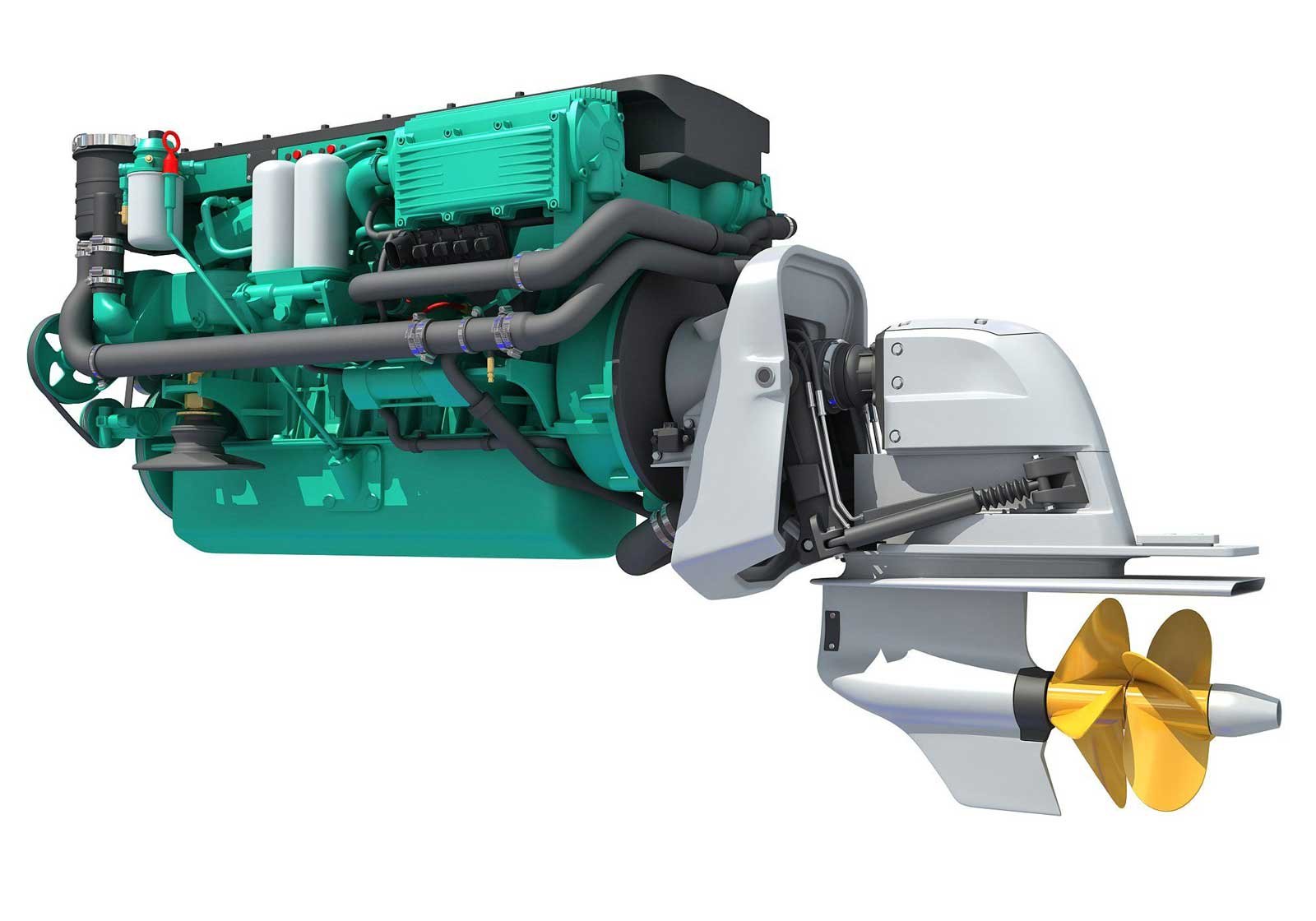When it comes to choosing between a gas or diesel boat, there are several factors to consider. Both options have their advantages and disadvantages, and the best choice ultimately depends on your specific needs and preferences. In this article, we will explore the key differences between gas and diesel boats to help you make an informed decision.
1. Fuel Efficiency
One of the main considerations when choosing between a gas and diesel boat is fuel efficiency. Diesel engines are generally more fuel-efficient than gas engines, meaning they consume less fuel for the same amount of power output. This can result in significant cost savings over time, especially if you plan on using your boat frequently or for long distances.
On the other hand, gas engines are typically less expensive upfront and may be more suitable for occasional boaters or those with a smaller budget. While they may not offer the same fuel efficiency as diesel engines, gas engines can still provide adequate power and performance for most recreational boating activities.
2. Power and Performance
Diesel engines are known for their torque, making them ideal for larger boats or those that require more power. They are often preferred for commercial or heavy-duty applications where high torque is essential, such as towing or carrying heavy loads. Diesel engines also tend to have a longer lifespan and can withstand higher levels of stress and strain.
On the other hand, gas engines are generally lighter and offer better acceleration and top speed. They are typically more suitable for smaller boats or those that prioritize speed and agility over raw power. Gas engines are also easier to maintain and repair, as they have fewer complex components than diesel engines.
3. Maintenance and Cost
When it comes to maintenance and cost, both gas and diesel engines have their considerations. Diesel engines are generally more durable and require less frequent maintenance. They have a longer lifespan and can often go for thousands of hours without major repairs. However, when repairs are needed, diesel engines can be more expensive to fix due to their complex design and specialized parts.
Gas engines, on the other hand, are generally less expensive to maintain and repair. They have simpler designs and more readily available parts, making them easier and more affordable to service. However, gas engines may require more frequent maintenance and have a shorter overall lifespan compared to diesel engines.
4. Environmental Impact
When considering the environmental impact, diesel engines have traditionally been associated with higher emissions and pollution. However, advancements in diesel engine technology have significantly reduced their environmental footprint. Modern diesel engines are now equipped with advanced emission control systems, making them much cleaner and more eco-friendly.
Gas engines, on the other hand, tend to produce lower emissions compared to diesel engines. They are generally considered to be more environmentally friendly, especially when it comes to carbon dioxide (CO2) emissions. However, gas engines may emit higher levels of other pollutants, such as nitrogen oxides (NOx) and volatile organic compounds (VOCs).
The Bottom Line
Choosing between a gas and diesel boat ultimately depends on your specific needs and priorities. If fuel efficiency and power are your main concerns, a diesel engine may be the better option. On the other hand, if you prioritize speed, agility, and lower upfront costs, a gas engine may be more suitable.
It’s important to consider factors such as maintenance, cost, and environmental impact when making your decision. Additionally, consulting with a marine expert or boat dealer can provide valuable insights and help you make the best choice for your boating needs.
Ultimately, whether you choose a gas or diesel boat, the most important thing is to enjoy your time on the water and make memories that will last a lifetime.
More from Nautical World TV Blog.


